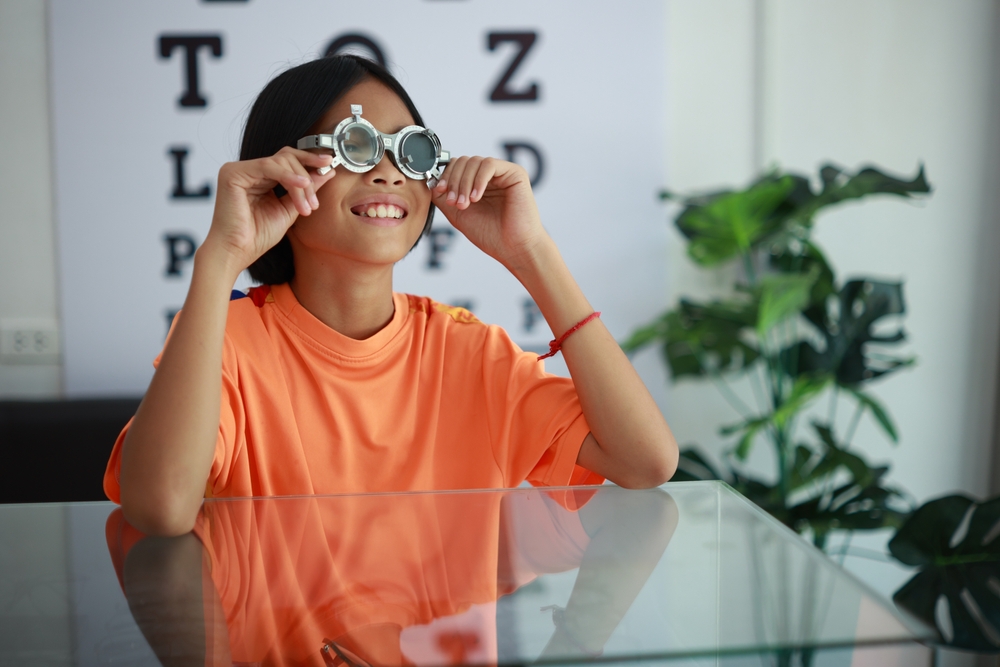
Your eyes are one of your most valuable assets, allowing you to navigate the world and experience life’s moments with clarity. However, vision health is not something to take for granted—it requires ongoing care and attention at every stage of life. From early childhood to your senior years, your eyes face different challenges and risks. By understanding these changes and prioritizing regular eye exams, you can take proactive steps to protect your vision for a lifetime.
Childhood: Laying the Foundation for Healthy Vision
A child’s vision plays a key role in their learning and development. Early eye exams are essential for detecting vision problems that could impact reading, concentration, and overall academic success. Conditions such as myopia (nearsightedness), strabismus (crossed eyes), and amblyopia (lazy eye) can develop early and may require intervention. Encouraging outdoor play, limiting screen time, and ensuring proper lighting when reading or studying can help support eye health during childhood.
Adolescence and Young Adulthood: Developing Healthy Habits
Teenagers and young adults often spend long hours using digital screens, which can contribute to digital eye strain. Symptoms such as dry eyes, headaches, and blurred vision can develop due to prolonged screen exposure. Following the 20-20-20 rule—taking a 20-second break every 20 minutes to look at something 20 feet away—can help reduce strain. Protective eyewear for sports and outdoor activities is also important to prevent injuries. Annual eye exams ensure that any vision changes are detected and managed promptly.
Adulthood: Managing Eye Strain and Preventing Disease
As adults enter the workforce, many spend hours in front of computers, increasing the risk of digital eye strain. Workplace ergonomics, proper lighting, and blue-light-filtering glasses can help reduce discomfort. Additionally, adults should be aware of early signs of common eye conditions such as glaucoma, cataracts, and dry eye syndrome. Maintaining a healthy lifestyle with a balanced diet, regular exercise, and UV protection can support long-term vision health.
Senior Years: Preserving Vision for a Lifetime
Aging increases the risk of eye diseases such as macular degeneration, diabetic retinopathy, and cataracts. Regular comprehensive eye exams become even more critical, as early detection can prevent or slow the progression of these conditions. Seniors should also ensure proper lighting at home to prevent falls, use magnification tools if needed, and stay up to date with corrective lens prescriptions.
The Importance of Annual Eye Exams
Regardless of age, annual eye exams are essential for maintaining healthy vision. These exams not only detect changes in vision but also help identify underlying health conditions such as diabetes and high blood pressure, which can affect the eyes. Routine check-ups provide an opportunity for early intervention, ensuring that you can continue to see clearly and comfortably.
Protect Your Vision with ProVision
Your eyes deserve the best care at every stage of life. Whether you need a routine eye exam, specialty lenses, or advanced treatment options, our team is here to help you maintain optimal vision health.
Schedule your comprehensive eye exam with ProVision and take the next step toward protecting your eyesight for the future. Visit any of our offices in Los Angeles, San Dimas, Culver City, California. Please call (213) 659-3962 or (909) 686-5402, (424) 453-2322 or visit our website to book an appointment today.










